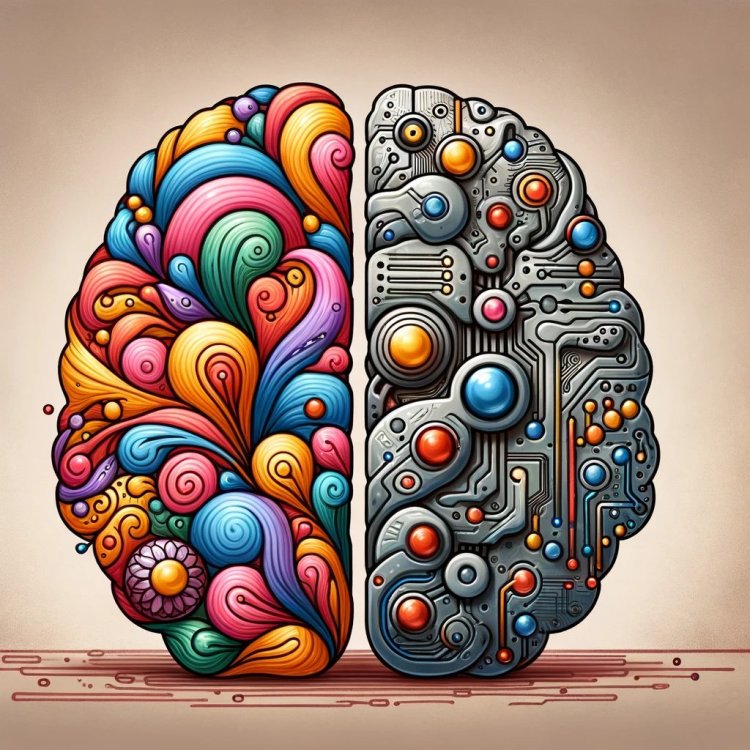Do AIs Think? Unpacking the Myth of Machine "Minds"
This article takes a laid-back look into the fascinating question: Can AI truly think, or is thinking an exclusively human feat? We'll explore the nature of AI thought, the technology behind it, and what makes human cognition distinct.

Ever wondered if the AI chatting with you, recommending songs, or even driving your car, is actually "thinking"? It's a cozy, late-night conversation starter, right? As artificial intelligence becomes a staple in our lives, it's natural to ponder whether these systems are doing something akin to human thinking or if they're just clever pretenders.
What Does It Mean to "Think"? Before diving into AI brains, let's set the stage by defining "thinking." In human terms, thinking involves processing information, making decisions, and solving problems. It's not just about raw data crunching; emotions, ethics, and creativity play huge roles too.
Human Thinking: A Quick Snapshot
- Emotional Intelligence: We think with our hearts as well as our heads. Emotions deeply influence our decisions.
- Ethical and Moral Reasoning: We often think through the lens of "right" and "wrong," guided by complex moral and societal rules.
- Creativity and Abstract Thinking: From daydreaming to inventing, our ability to think beyond the immediate and tangible is uniquely human.
How AI "Thinks"
AI "thinking" is fundamentally different. Here’s how:
1. Data Processing: At its core, AI operates on algorithms that process data and make decisions based on predefined criteria. It's like baking; follow the recipe, and you get predictable results.
2. Machine Learning: More advanced AIs learn from new data and adjust their algorithms accordingly, but they’re still confined to their programming.
3. No Emotional or Ethical Dimensions: AI lacks consciousness and doesn’t experience emotions or ethical dilemmas. Any semblance of such is purely a simulation based on data it's been fed.
Can AI Really Think?
Here's the million-dollar question: If thinking involves creativity, ethics, and emotions, can AI, which operates without these elements, be said to "think"? The answer leans towards a no, at least not in the way humans do. AI does process information and solve problems incredibly efficiently, but it doesn’t ponder, muse, or wonder.
AI's "Thought Process":
- Speed and Efficiency: AI can analyze and process information faster than any human, making it a powerful tool for data-heavy tasks.
- Lack of Self-awareness: Without consciousness, AI doesn’t have self-awareness or personal experiences—it doesn't "reflect" on information but processes it as instructed.
Why the Distinction Matters
Understanding the difference between human thinking and AI processing is crucial as we integrate AI more deeply into our lives. Misunderstanding AI's capabilities can lead to unrealistic expectations or fears about what AI can and cannot do.
Implications for the Future:
- Complementarity: Instead of fearing AI, we can look at it as a complement to human capabilities, enhancing our efficiency and productivity.
- Ethical Use: Recognizing the limitations of AI can guide us in setting ethical boundaries for its use, ensuring it serves humanity positively and responsibly.
While AI can mimic certain aspects of thought, it doesn't "think" in the true sense of the word. It's a tool—albeit a sophisticated one—that processes information based on the parameters we set. As we cozy up to our digital assistants, let’s remember that their "minds" are really reflections of our programming. In the dance of human and machine, we lead with our wonderfully complex, messy human minds, while AI follows with its crisp, precise, but ultimately limited, computations.
What's Your Reaction?




















